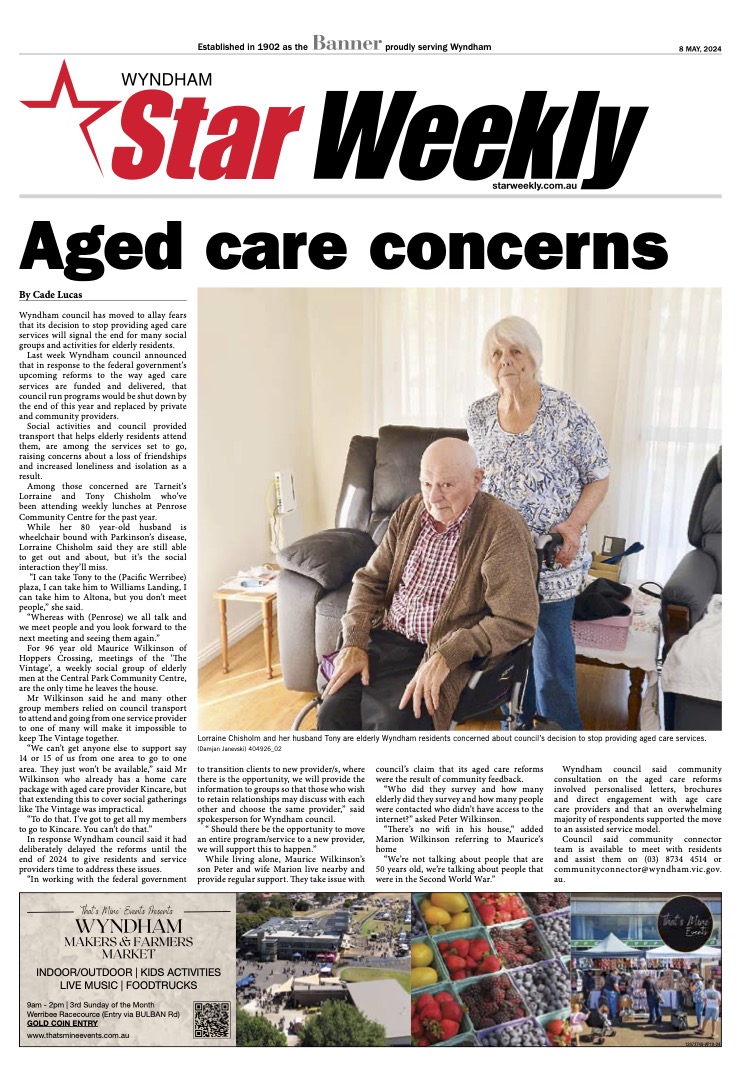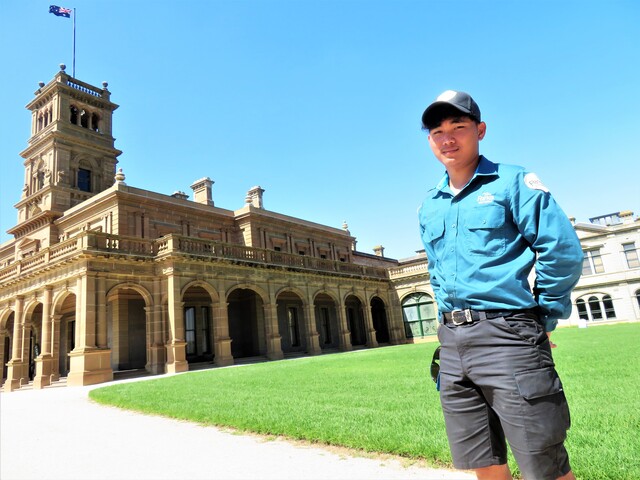Wyndham council claims it will lose millions of dollars and be unable to fund necessary infrastructure if the state government proceeds with a plan to cap rates at the level of the Consumer Price Index.
But the government has accused the council of “engaging in hypotheticals”, arguing that any lost income is money the council never had in the first place.
The government pledged before the state election to cap rate rises in response to growing ratepayer concern at the size of increases imposed by councils.
From July 2016, councils will have to apply to the government for permission to lift rates by a higher percentage than the rise in the CPI.
Wyndham council is proposing to raise its rates by 5.5 per cent from July 1 this year.
The CPI for the year to March 31 rose 1.3 per cent, following a rise of 1.7 per cent for the year to December 31.
The council says that for every one per cent it is unable to lift its rates beyond CPI, it will lose more than $1.3 million from its budget.
It predicts that within four years it will have lost $57 million.
Cr Heather Marcus said a cap would make life difficult for growth councils, warning residents they may need to go without the infrastructure and services they had grown to expect the council to fund.
“We want to provide the best for our residents, but we won’t be able to if [the government plan] goes through,” she said.
Mayor Peter Maynard said the state government must be prepared to pay for infrastructure the council could not afford if the rates cap proceeded.
“This council has continued to get a lousy deal from successive state and federal governments,” he said.
“What we need is the infrastructure to meet the growth. We’re not asking for more than we’re entitled to.”
A spokesman for Local Government Minister Natalie Hutchins said the council’s lost income was $57 million; that would come from ratepayers’ pockets.
“The fair-go rates system is not about cuts to important services and infrastructure,” he said. “It’s about cutting waste and holding councils accountable.”
The spokesman said the Essential Services Commission (ESC) was developing a frame- work for the new rates system and would consider challenges being faced by councils with high-growth needs.
“Councils will have the opportunity to make their case to the ESC,” he said.
“If councils can demonstrate community support and that they are raising and spending ratepayers’ money responsibly, they will be allowed to exceed the cap,” he said.







